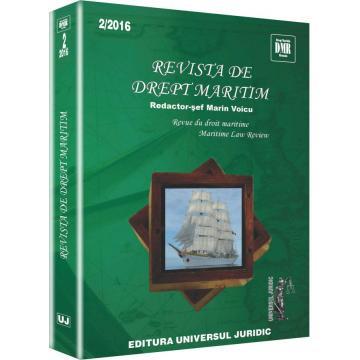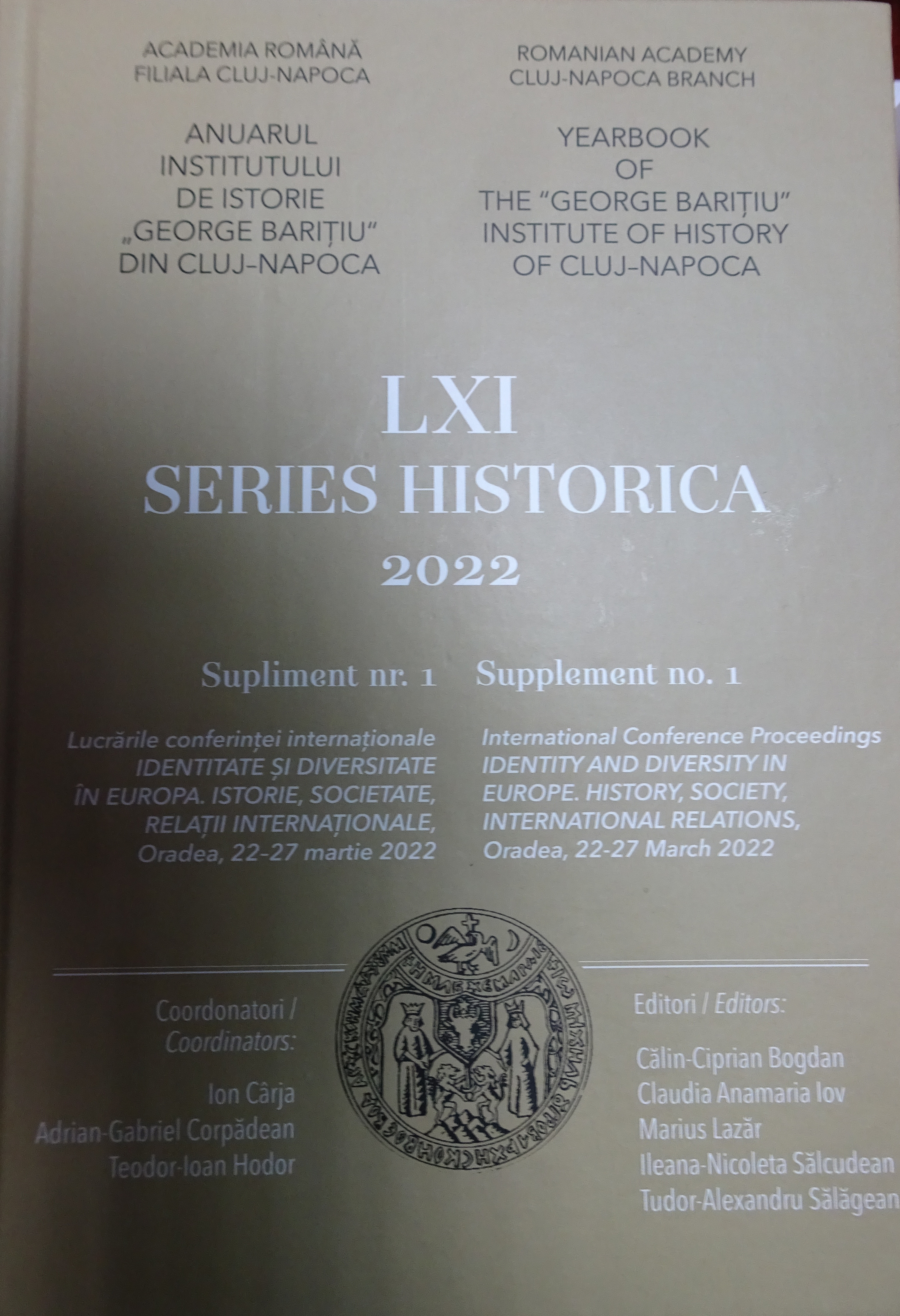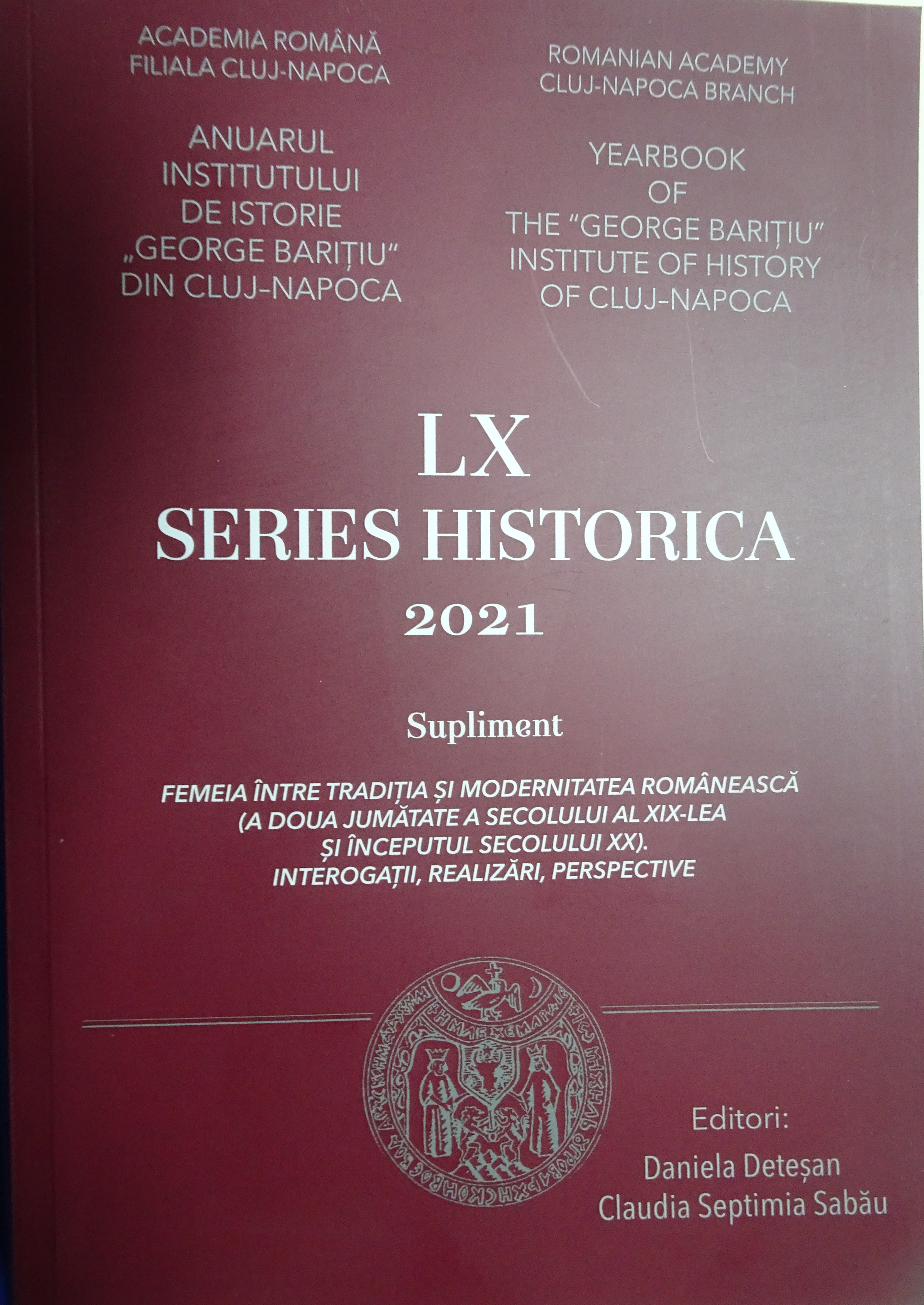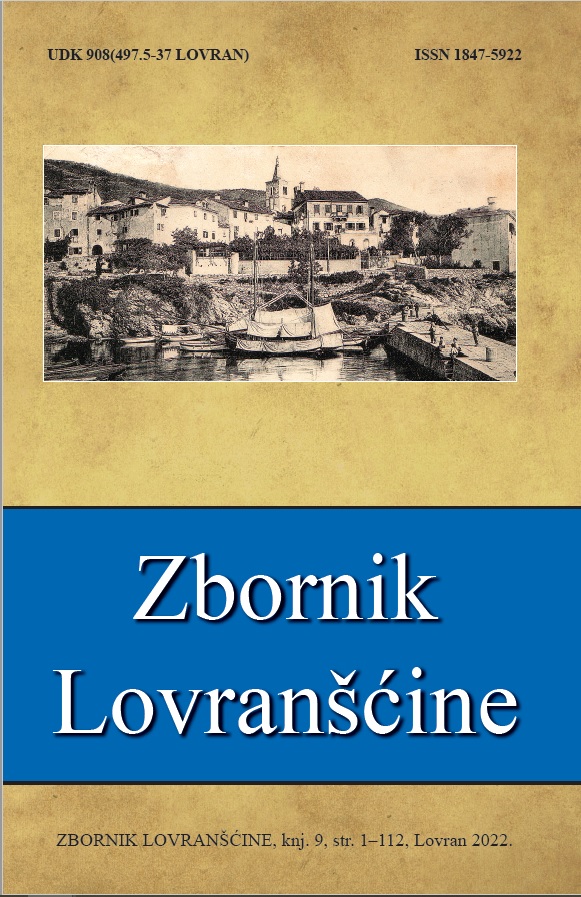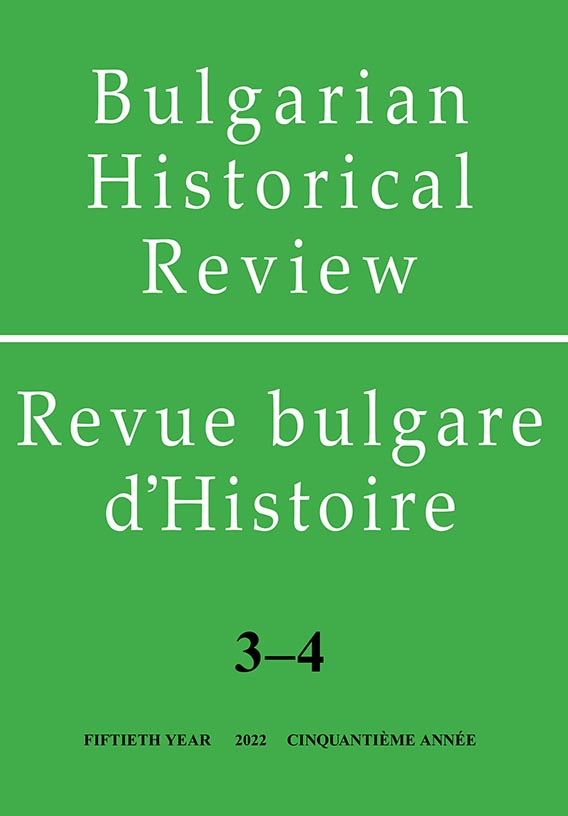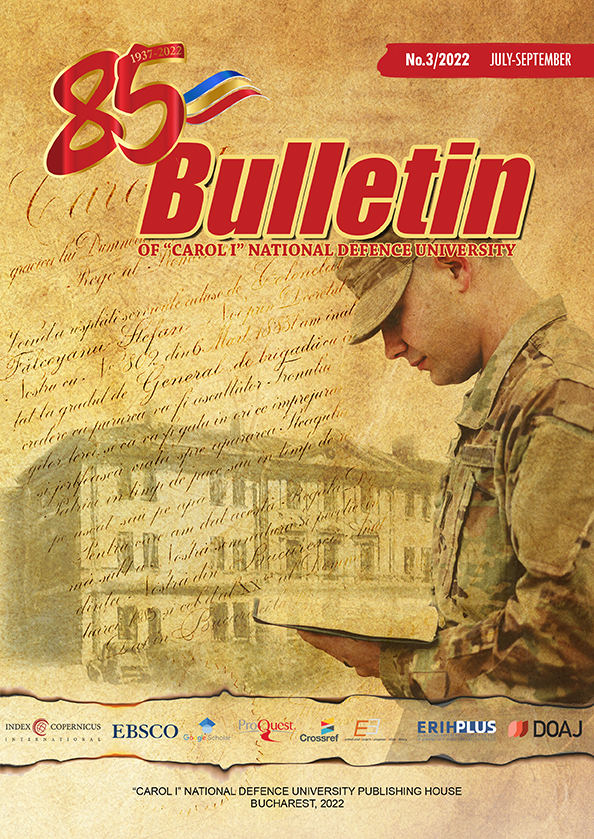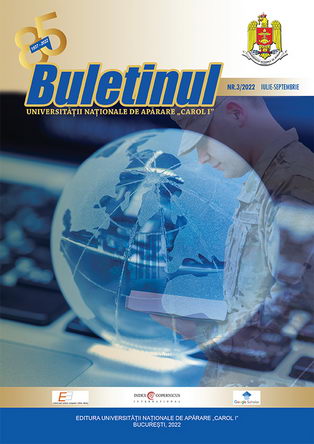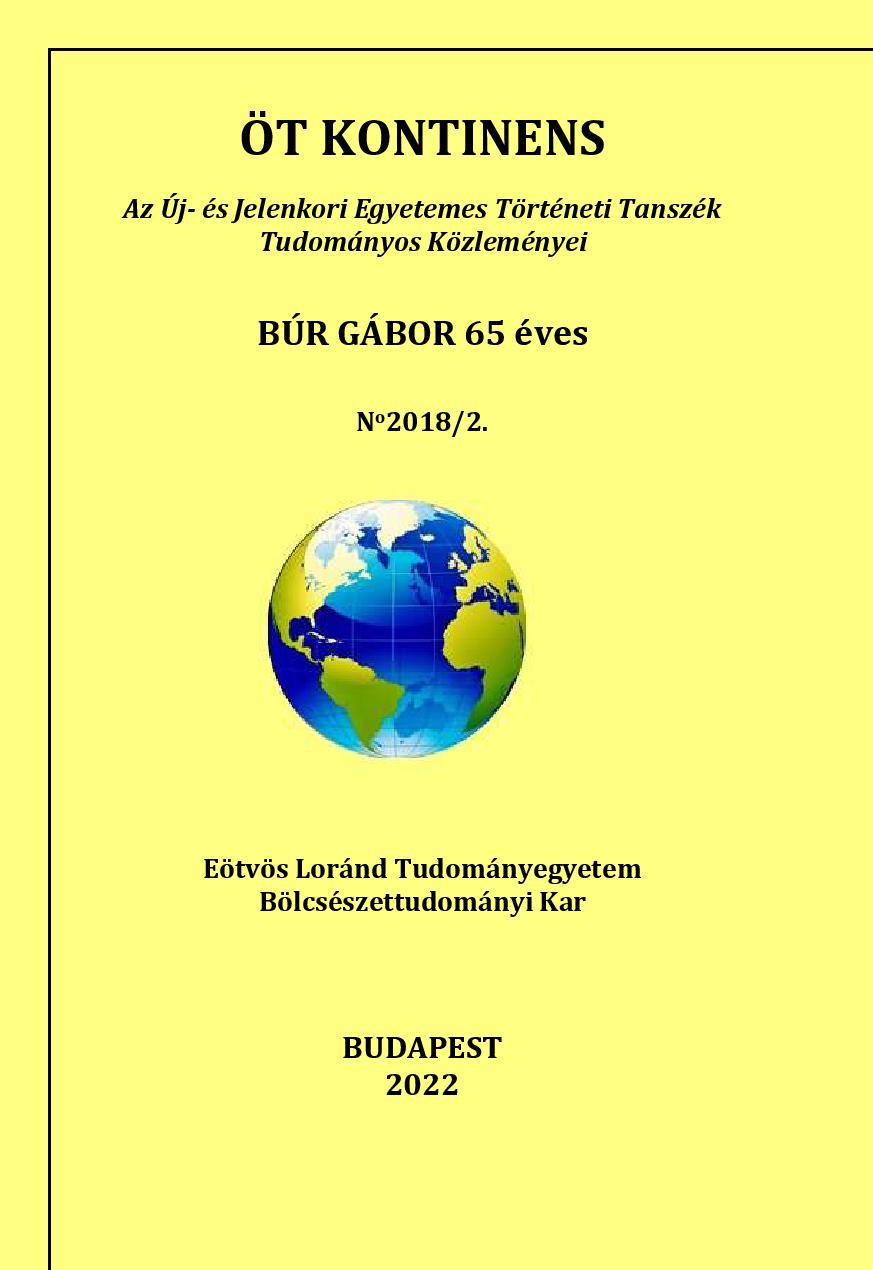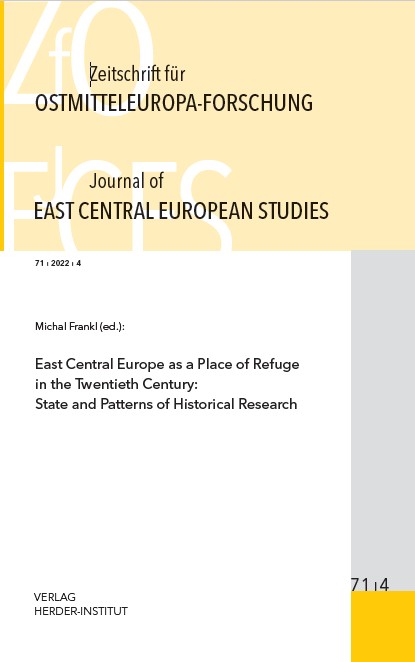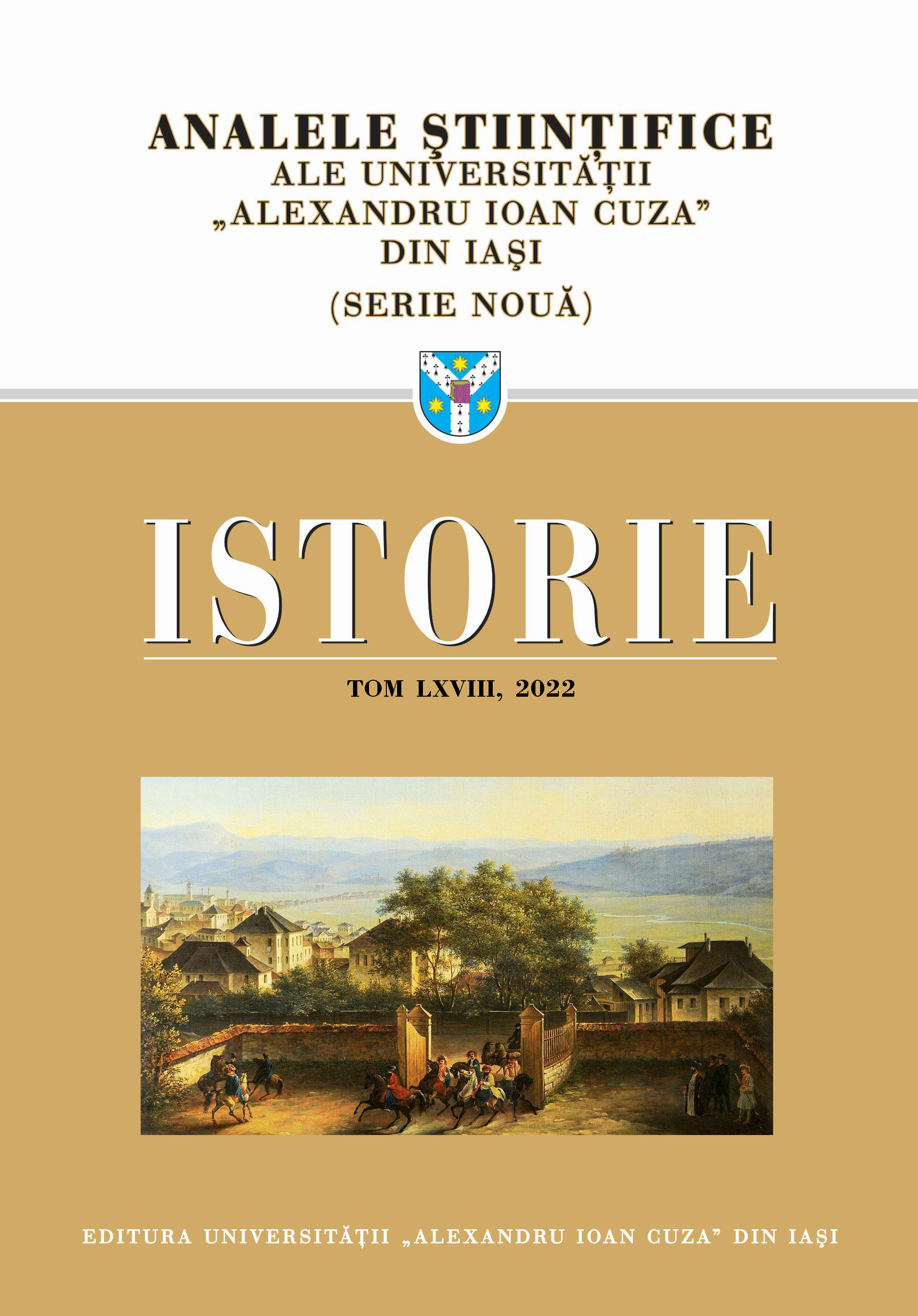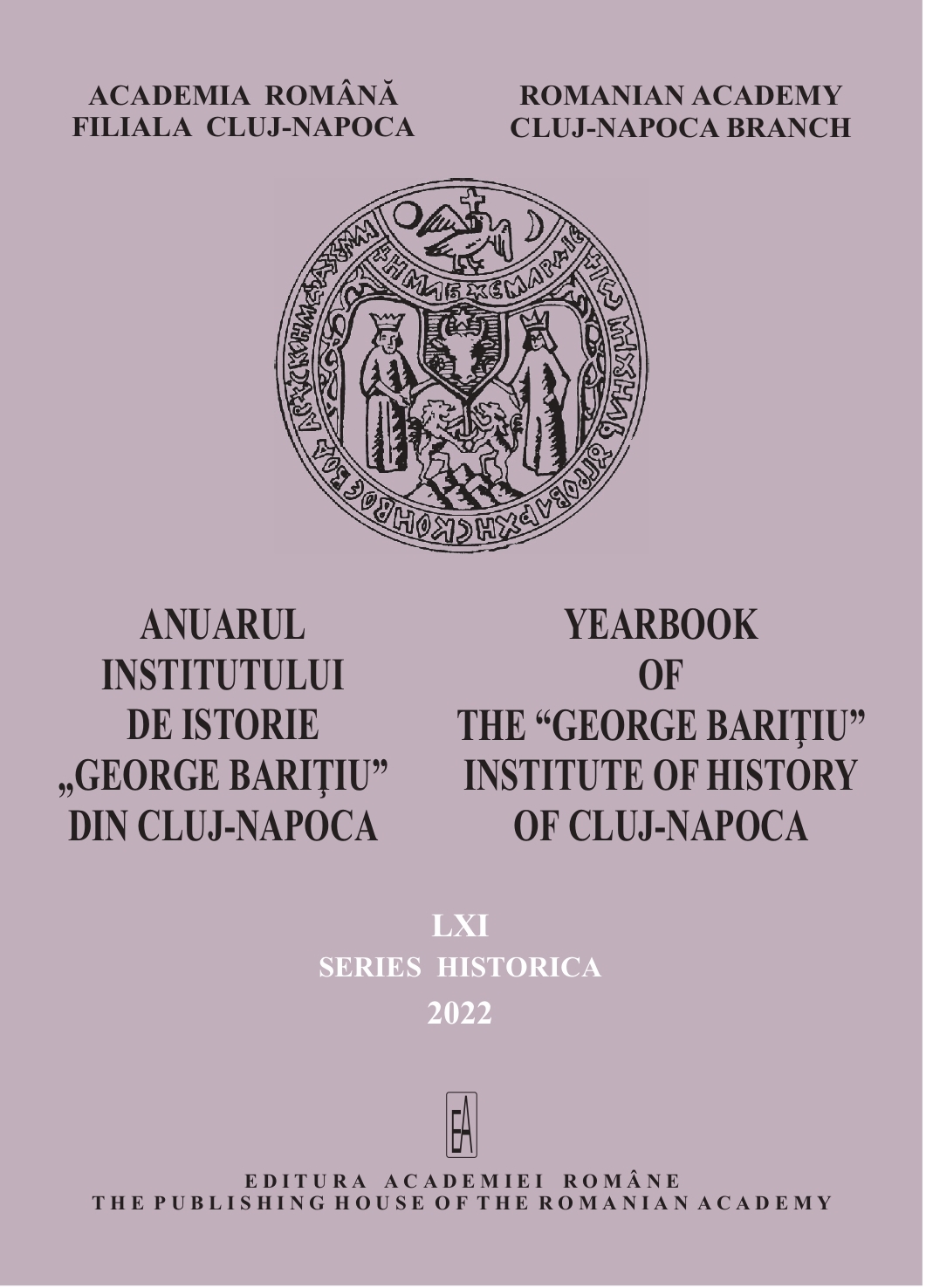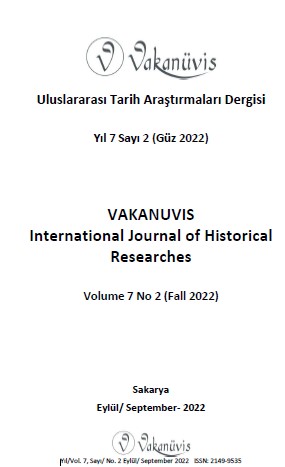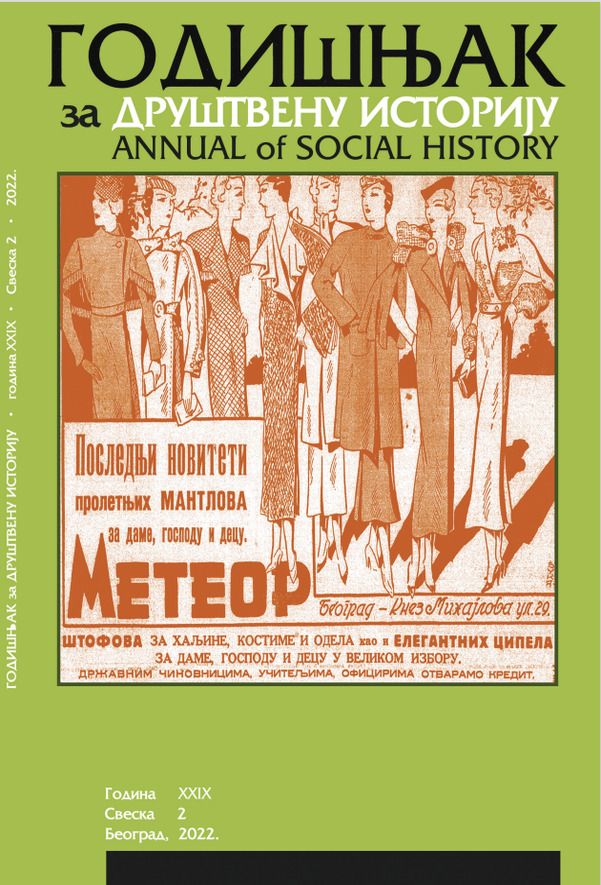Author(s): Anemari-Monica Negru / Language(s): Romanian
Issue: 1/2021
The present paper begins with a short presentation of the origins of the National Orthodox Society of Romanian Women (May 1910) and of its first years of activity (status, initiatives and achievements: kindergardens, schools, girls’ institutes, dormitories, libraries). In June 1919, delegates from all the historical provinces attended the National Orthodox Society of Romanian Women’s assembly and congress, which took place in Bucharest. In the context of the Great Union, between 1919 and 1925, women from Transylvania, with the support of priests, founded the first branches of this association in Sebeșul Sǎsesc, Cluj, Târgu Mureș, Mehadia, Arad, Sibiu, Timișoara, while in the following years they founded new branches in other cities and villages.The women who were members of these branches contributed to the foundation of new kindergardens and schools. Besides, they organized fundraising events for building Orthodox churches, as well as for organizing Christian and national celebrations. Branch leaders attended the society’s annual assemblies and congresses, where they presented reports and work programs. Thanks to their work, achievements and dedication, many members of the Transylvanian branches of the National Orthodox Society of Romanian Women, such as Catinca Bârsan, Aurelia Pipoș, Elena Popescu-Voitești, Eugenia Tordǎșianu, Elena Goldiș, Lucreția Murǎșianu, Cornelia Chiticeanu, are authentic models of Romanian feminism.
More...
